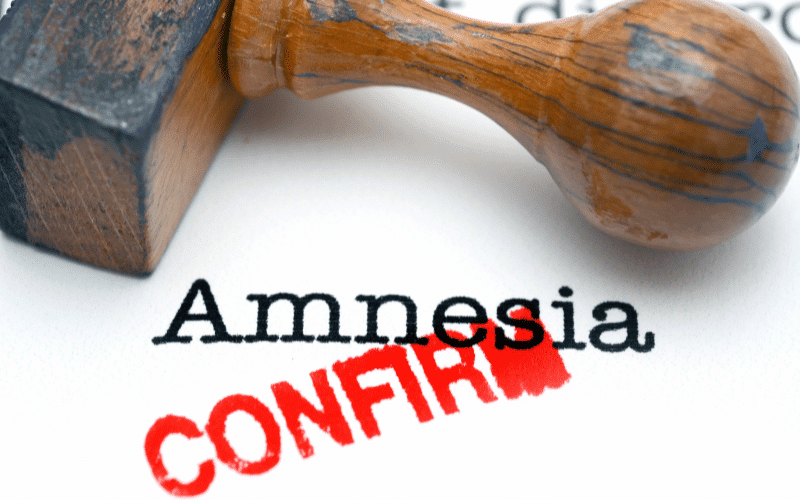Fact 7. The Diagnostic Challenge of Dissociative Amnesia

Diagnosing dissociative amnesia can often be a challenge, given the complexity and variability of its symptoms. The absence of any physical or biological markers for this condition further compounds this challenge. Diagnosis typically involves a thorough evaluation of the individual’s medical and psychiatric history, along with a comprehensive mental status examination.
The diagnostic process often involves ruling out other medical conditions that could potentially cause similar symptoms. These could include neurological conditions like epilepsy, brain injuries, or certain types of dementia. It also involves differentiating dissociative amnesia from other psychiatric conditions like Post-Traumatic Stress Disorder (PTSD) or other dissociative disorders, which might present overlapping symptoms.
A key aspect of the diagnosis often involves identifying the presence of a dissociative amnesia trigger, typically a stressful or traumatic event. However, given the nature of dissociative amnesia, individuals may not always remember the traumatic event, making the diagnostic process even more intricate.
It is here that the role of skilled mental health professionals becomes crucial. Their comprehensive understanding of the condition allows them to discern the subtle indicators of dissociative amnesia, ensuring accurate diagnosis and subsequent treatment.(7)